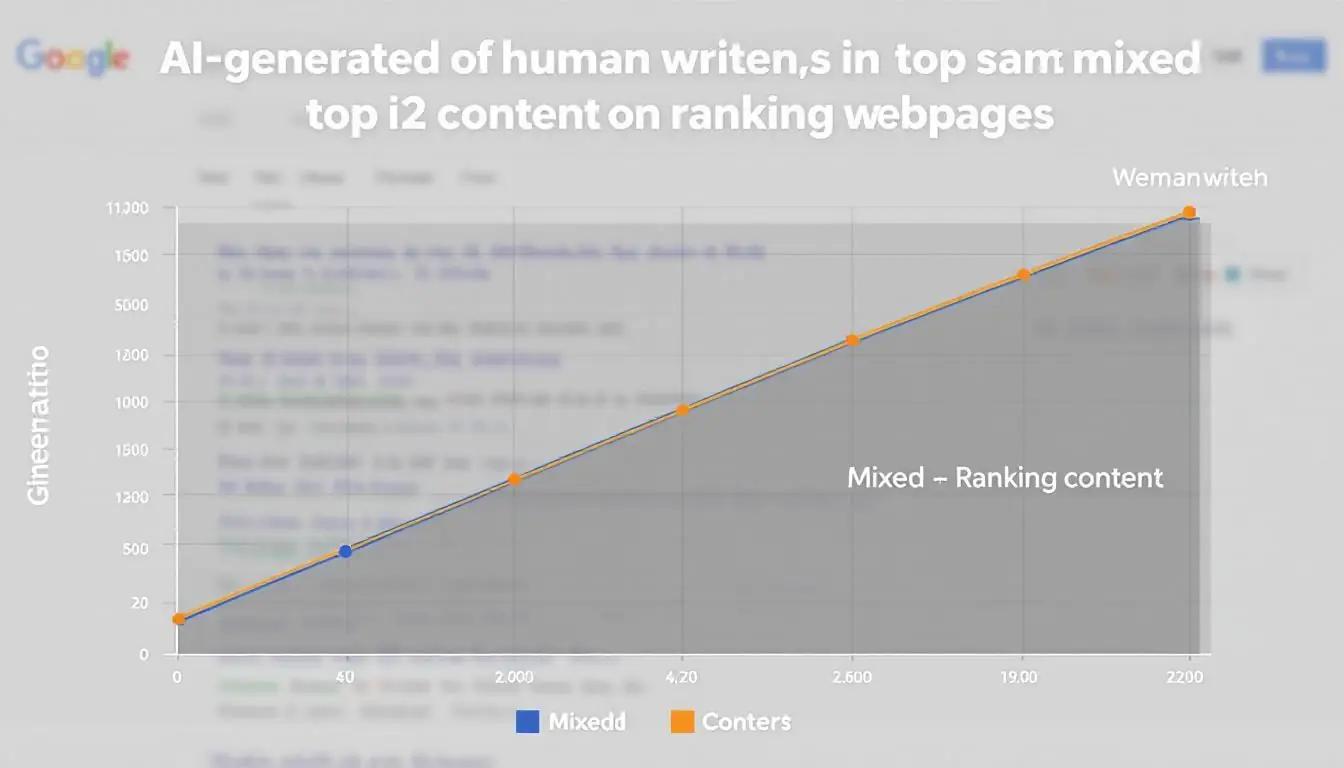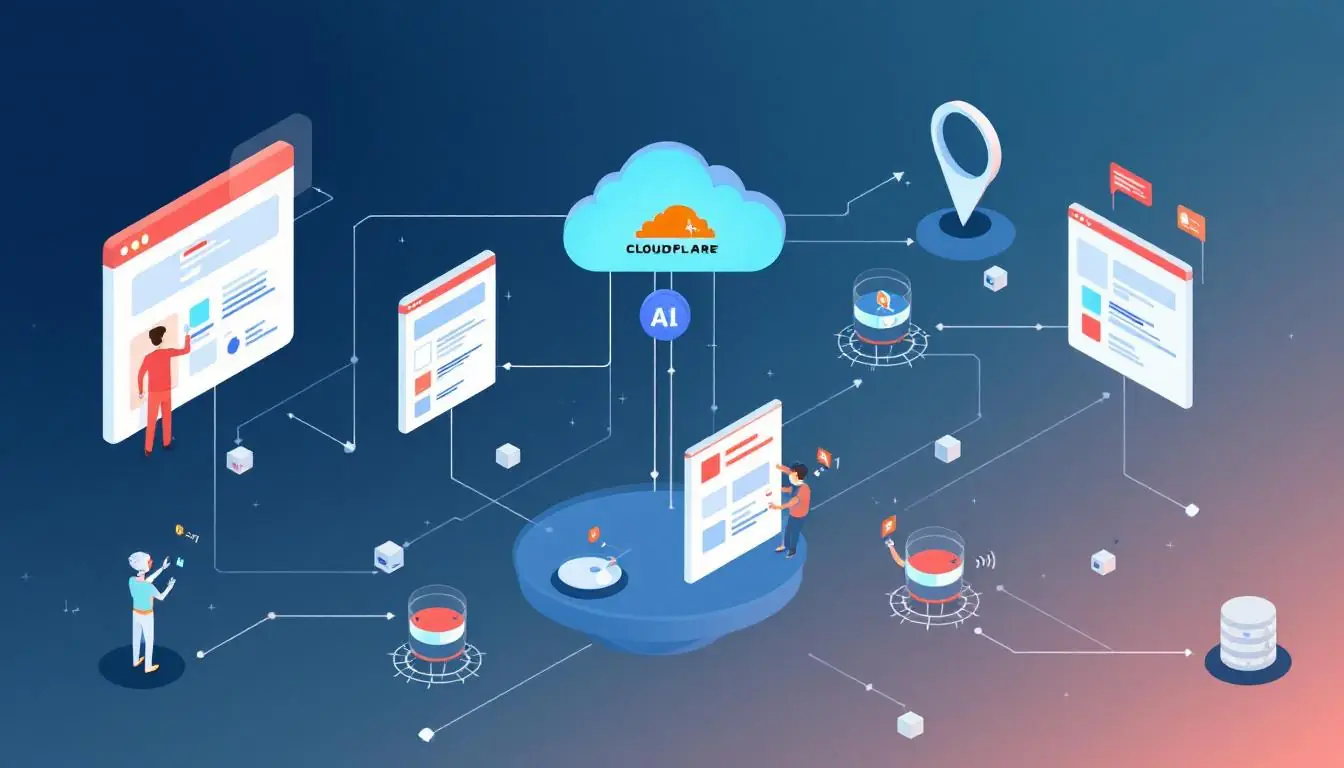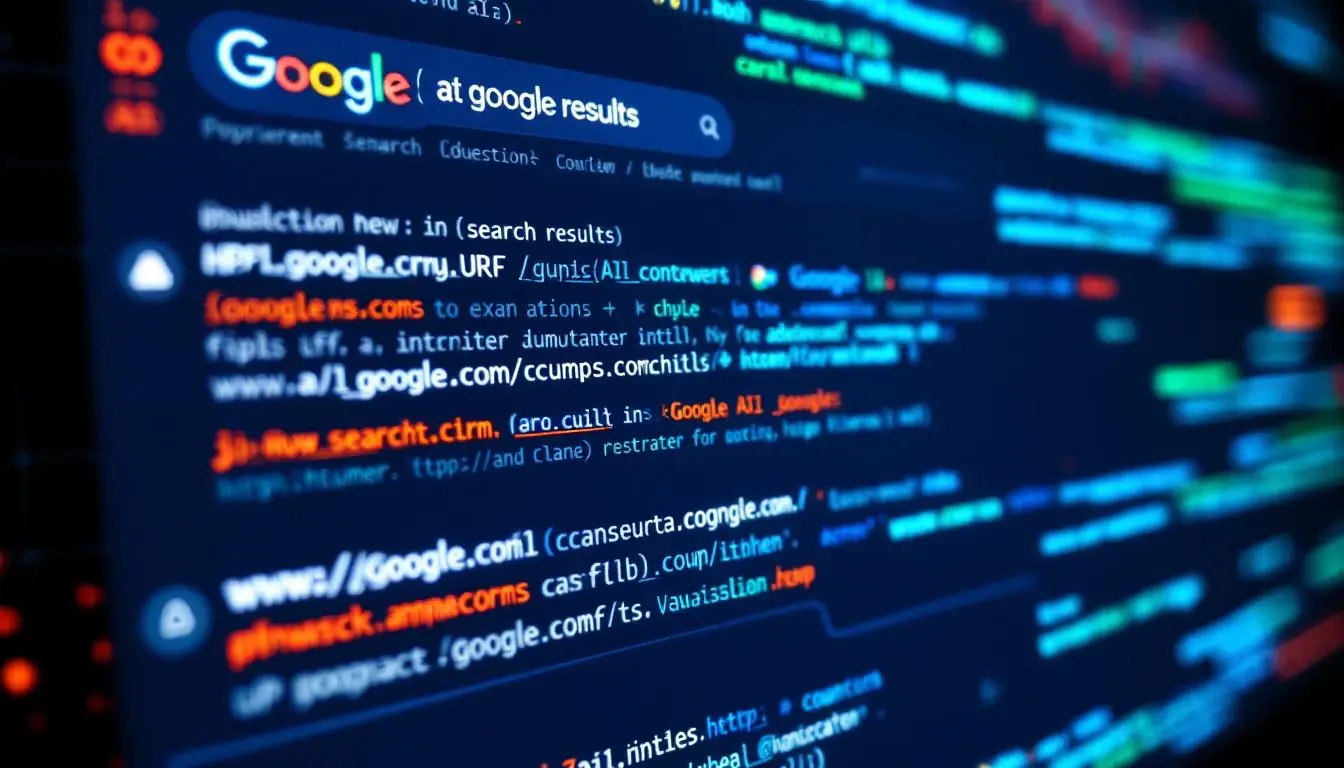As companies rush to integrate generative AI into their operations, many are discovering that without proper oversight and expertise, these technologies can create more challenges than solutions.
Screpy
Utilize an AI-driven SEO analysis tool to evaluate your website and monitor your keywords all in a single intuitive dashboard.
The unexpected expenses from AI-related errors are compelling businesses to seek professional intervention to rectify the issues.
AI Falls Short Without Proper Oversight
Instances of AI-generated content lacking quality are becoming increasingly common, highlighting the necessity of human intervention to maintain standards.
Real-World Implications
The practical shortcomings of AI are evident in various business scenarios, where the anticipated benefits are not realized.
Sarah Skidd, a product marketing manager and freelance writer, was brought on to revise AI-generated website copy for a hospitality firm, as reported by the BBC. Contrary to the client’s expectations of saving time and costs, the project resulted in 20 hours of billable edits.
Skidd commented, “[The copy] was supposed to sell and intrigue but instead it was very vanilla.” This case reflects a broader trend, with other writers sharing similar experiences.
One writer mentioned that editing AI-produced text now constitutes 90% of their workload, often yielding subpar results.
Beyond quality issues, a study by researchers Anders Humlum and Emilie Vestergaard found that the actual productivity gains from AI chatbots are significantly lower than anticipated.
While controlled settings show improvements exceeding 15%, most users report saving only about 2.8% of their work hours on average.
Shortcuts with AI Lead to Major Issues
Employing AI as a quick fix often results in unforeseen complications that can disrupt business operations.
Consequences of Rushed Implementation
The immediate appeal of AI tools can mask the long-term risks associated with their hasty adoption.
Sophie Warner, co-owner of Create Designs, a UK-based digital agency, has observed numerous clients encountering preventable issues after using AI tools like ChatGPT for immediate solutions.
Warner shared with the BBC, “Now they are going to ChatGPT first.” One notable incident involved a client using AI-generated code to update an event page, which resulted in the website crashing for three days and incurring a $485 repair fee.
Warner notes that even larger clients face similar problems but are reluctant to acknowledge AI involvement, complicating and escalating the cost of troubleshooting.
Warner emphasized, “The process of correcting these mistakes takes much longer than if professionals had been consulted from the beginning.” This highlights the hidden costs of AI errors that businesses might not foresee when opting for quick fixes.
Importance of Training and Infrastructure Over Tools
Effective use of AI hinges more on the support systems and training provided to employees than on the technology itself.
Impact of Structured AI Integration
Organizations that invest in training and establish clear guidelines for AI usage experience better outcomes, albeit modest.
The Danish research conducted by Humlum and Vestergaard indicates that businesses offering AI training and setting internal standards achieve slightly improved results. Employees with organizational support saved approximately 3.6% of their work hours compared to 2.2% without such guidance.
However, these productivity gains do not appear to translate into tangible benefits for most users, as the study found no significant changes in earnings, work hours, or job satisfaction for 97% of surveyed AI users. Prof.
Feng Li, associate dean for research and innovation at Bayes Business School, emphasized to the BBC, “Human oversight is essential.
Poor implementation can lead to reputational damage, unexpected costs—and even significant liabilities.” This underscores the critical role of human supervision in the effective deployment of AI tools.
The Speed of AI vs.
Human Standards
While AI can accelerate certain processes, maintaining quality standards still relies heavily on human expertise.
Balancing Efficiency and Quality
Ensuring high standards requires a balance between leveraging AI speed and applying human judgment.
Kashish Barot, a copywriter from Gujarat, India, reported to the BBC that she spends considerable time refining AI-generated content for clients in the United States. She observed, “AI really makes everyone think it’s a few minutes’ work.
However, good copyediting, like writing, takes time because you need to think and not just curate like AI.” Supporting research shows that while employers who support AI usage see slight time savings for marketers and developers, the benefits are minimal for other professions such as teachers and accountants.
This indicates that although AI tools can expedite specific tasks, they still require human oversight to align with brand standards and address audience needs effectively.
The Bottom Line
For businesses, the key insight is clear: AI cannot replace quality without a solid foundation of training, strategy, and infrastructure.
The effectiveness of AI is more dependent on the users and their preparedness than on the technology itself. Hastily integrating AI may offer short-term time savings but often leads to more significant and costly issues down the line.
Whether it’s faulty code, misaligned messaging, or content lacking depth, the expenses involved in correcting AI-induced mistakes can quickly surpass any initial savings.
Leaders in marketing, development, and business must recognize that AI can be a valuable asset only when complemented by human expertise.








